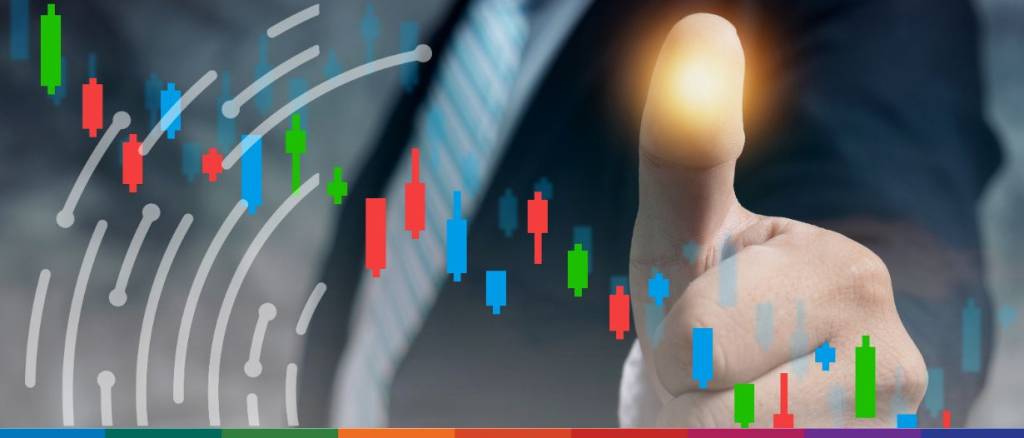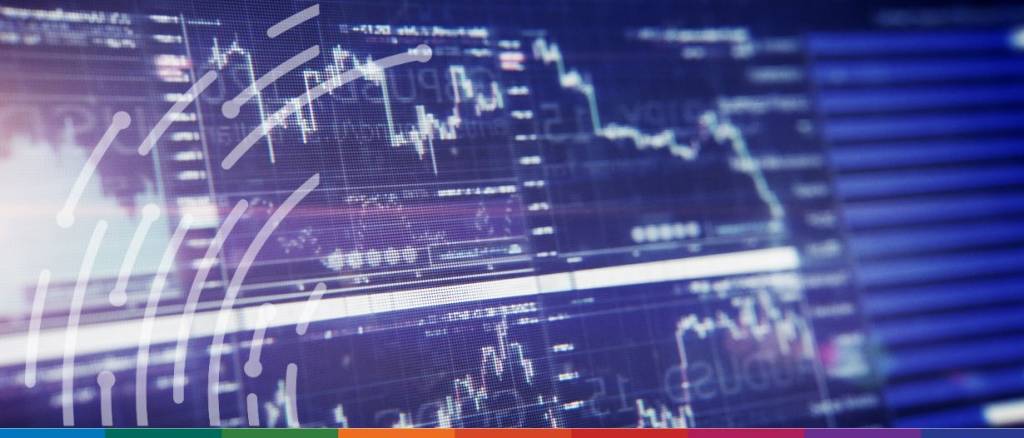International Lawyers and Economists for Development (ILaED) is a non-government organisation focusing on the economic development of women and girls. By encouraging entrepreneurial skills, it helps them engage in both local and international markets.
A judge in a Canadian court case has ruled that a thumbs-up emoji constituted a legally binding acceptance of a contract, ordering the defendant, who failed to fulfill their end of the deal, to pay more than $82,000 in damages.
This week, the World Trade Organization (WTO) published the World Trade Statistical Review 2023, providing an in-depth analysis of the global trade landscape in the midst of worldwide turbulence.
Just about six months ago, Trade Finance Global reached out to a variety of trade finance experts to help answer some questions we had about the industry. Like always, our friends across the industry came through and provided us with some detailed thoughts on the ins and outs of the trade finance world.
Today, the EU and Singapore commence negotiations on a digital trade agreement. This proposed agreement is poised to provide legal assurance for comprehensive digital trade and to enhance protections for… read more →
The Electronic Trade Documents Bill has today received Royal Assent, and is officially an act of law (the Electronic Trade Documents Act), promising to transform the way international trade is conducted electronically.
Back in January, Trade Finance Global (TFG) reached out to trade finance experts to pick their brains about what to expect in the industry in 2023. Entering the year, there was a lot of uncertainty surrounding the larger economic environment. Some people were optimistic, some people were pessimistic, but everyone was open about being unsure.
At the official opening of the World Export Development Forum 2023, hosted in Ulaanbaatar, Mongolia, Ms. Rabab Fatima, the United Nations Under Secretary General and High Representative for the Least Developed Countries (LDCs), Landlocked Developing Countries (LLDCs), and Small Island Developing States (SIDS), addressed the international trade audience, sharing her insights on the theme “Vision to diversify trade in ways that are green, digital, and organic – and bring small businesses into regional and global trade.”
Volante Technologies, a company specialising in cloud payments modernisation, has expanded its existing collaboration with KPMG LLP. The two have developed a new ISO 20022 maturity model designed to assist… read more →
In the geographically dispersed world of international trade finance, efficient communication is crucial.
This is why the Society for Worldwide Interbank Financial Telecommunication – better known as SWIFT – created its messaging types, which have long served as a means for banks around the globe to communicate and facilitate transactions.



















